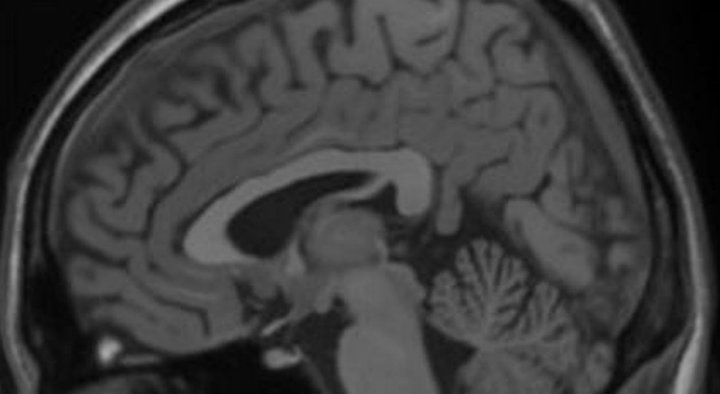PICTURES study to create new platform to help tackle major health issues
Published On Mon 29 Apr 2019 by Grant Hill

A £4.4 million project led by the University of Dundee aims to turn a database of millions of clinical images into a powerful research tool to help tackle health conditions including lung cancer and dementia.
Each year millions of clinical images such as X-rays, CT, MRI, ultrasound, nuclear medicine and retinal images are generated in the NHS in Scotland and stored in the national imaging database. While such images contain important clinical information they also contain a great deal of potential information about the health of the individual which is currently not made use of in health care.
The PICTURES project led by Dundee in conjunction with the University of Edinburgh, Abertay University and NHS Scotland, will make use of the approximately 30 million images collected since 2006 and use Artificial Intelligence (AI) to search for such ‘warning signs’ in the images which predict the development of diseases. This will allow doctors in the future to make use of this information in routine care, greatly enhancing the clinical utility of routine scans.
The project has been funded by the Medical Research Council (MRC), Engineering and Physical Sciences Research Council (ESPRC) and industry partners to develop the technology that will unlock the huge additional potential of these images.
Dr Emily Jefferson, Director of the Health Informatics Centre at Dundee, said, “Clinical images are now core diagnostic technologies. These images can support many important areas of research to improve any or all diagnosis, monitoring of disease progression and response to treatment.
“Access to the vast bank of ‘real world’ images can offer a huge boost to research into major diseases and conditions, and that is what we are looking to develop through the PICTURES study, initially using lung cancer and dementia as exemplar projects.”
The project has three main elements. The core project will research and develop the underlying technologies, allowing researchers to work on vast amounts of data in a secure environment and protect individual patient information. This technology will support two medical exemplar projects, which will prove and showcase the capabilities of the research database.
The first project will develop a method to detect warning signs of coronary artery disease and lung cancer using AI to check patients’ CT chest scans. This project will work in partnership with international experts from an industry partner, Aidence, to convert the research into a clinical tool which can be used to support doctors on the front line in the NHS.
The second project will use AI methods to predict individual patient risk of future dementia using MRI brain scans, genetic data and medical records. The predictive tool will be validated on the large image dataset provided by the core programme.
Professor Edwin Van Beek of the University of Edinburgh said, “It is very exciting to be able to develop AI tools to enhance the diagnostic potential of CT scans in the chest and MRI scans of the brain, which currently don’t routinely assess cardiac or dementia risk in these patients. By having these tools provide information to clinicians, earlier treatment and management changes will improve health outcomes in the future.”
Access to these NHS images will be extremely valuable for applied health care research, and the PICTURES project will break new ground in a number of areas. Above all, it will develop cybersecurity and privacy tools to guarantee patient confidentiality. Researchers may access the data they need, but will never be aware of personal details of the patients being studied.
The sheer size of these imaging datasets is technically challenging so PICTURES will research and develop systems which can scale up to handle ever-growing datasets. The project will allow researchers to search for sample data which exactly matches the problem they wish to study.
Using the foundation blocks already in place from previous research, PICTURES will provide anonymised extracts of hundreds of thousands of images for research. The project will also develop this software to query imaging data linked to genomic data securely hosted at Dundee. Ultimately, this will position Scotland in a globally leading position in these fields of medical research, as well as creating technical tools which other researchers may adopt and use world-wide.
The project will also work within the new HDR UK initiative to unite health data from across the whole UK to make discoveries that improve people’s lives.
For media enquiries contact:
Grant Hill
Press Officer
University of Dundee
Nethergate, Dundee, DD1 4HN
Tel: +44 (0)1382 384768
Mobile: 07854 953277
Email: g.hill@dundee.ac.uk